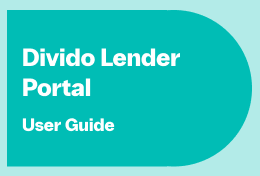Glossary
Disbursed funds
In consumer finance, disbursed funds refer to the money that is paid out to customers in the form of loans or credit. This can include personal loans, mortgages, credit card balances, and retail finance products like Buy Now, Pay Later Short-term Interest-free Credit.
The process of disbursing funds in retail finance typically involves the following steps:
- Application: A customer applies for a loan or credit and provides the necessary information and documentation.
- Approval: The lender reviews the application and decides whether to approve or deny the loan or credit.
- Funding: If the loan or credit is approved, the funds are disbursed to the customer’s account.
- Repayment: The customer repays the loan or credit with interest over a set period of time.
Disbursed funds play a critical role in retail finance as they allow customers to access the funds they need to make purchases, pay bills, or invest in property or other assets. Without the ability to disburse funds, many customers would not be able to afford these types of purchases or investments, which would ultimately have a negative impact on the economy.
Lenders also benefit from disbursing funds as it allows them to generate revenue through interest and fees charged on loans and credit. However, It is important for lenders to ensure that they are disbursing funds responsibly, by evaluating the creditworthiness of the borrower, setting appropriate interest rates and terms, and ensuring that they are in compliance with all relevant laws and regulations





